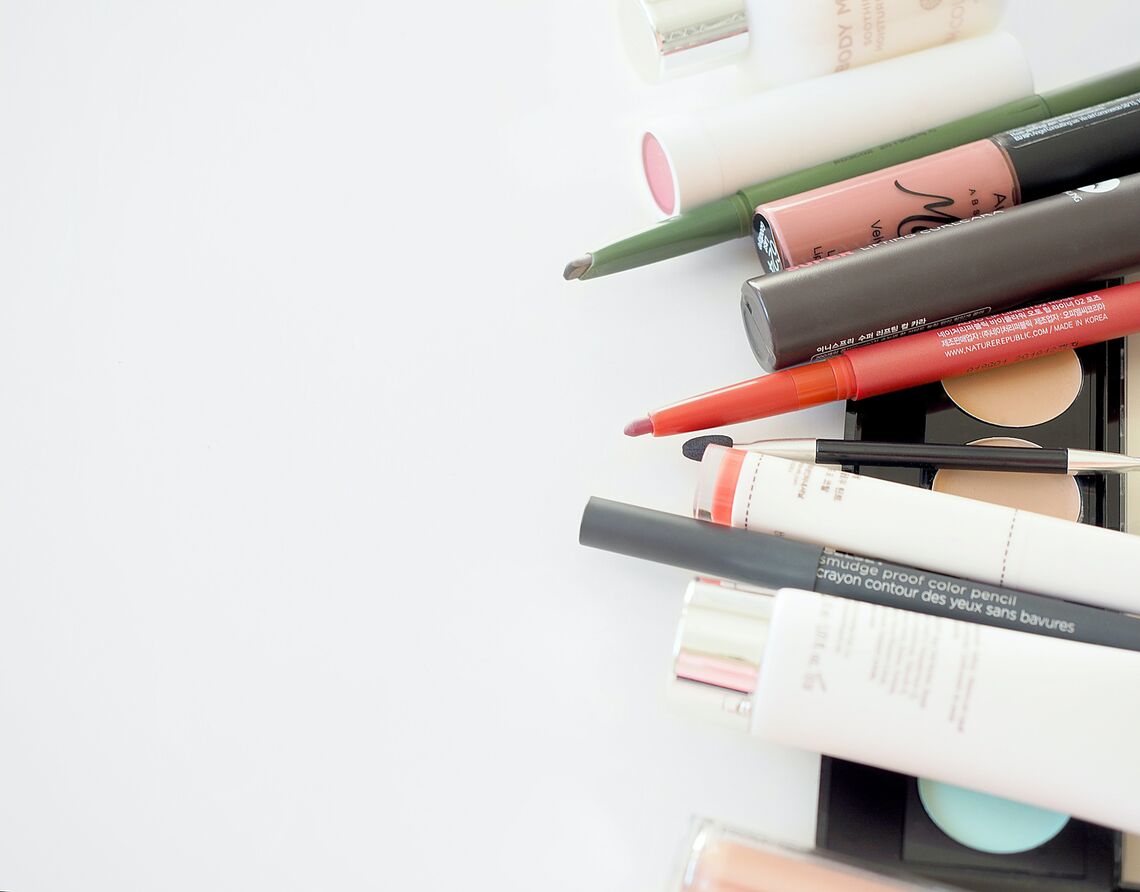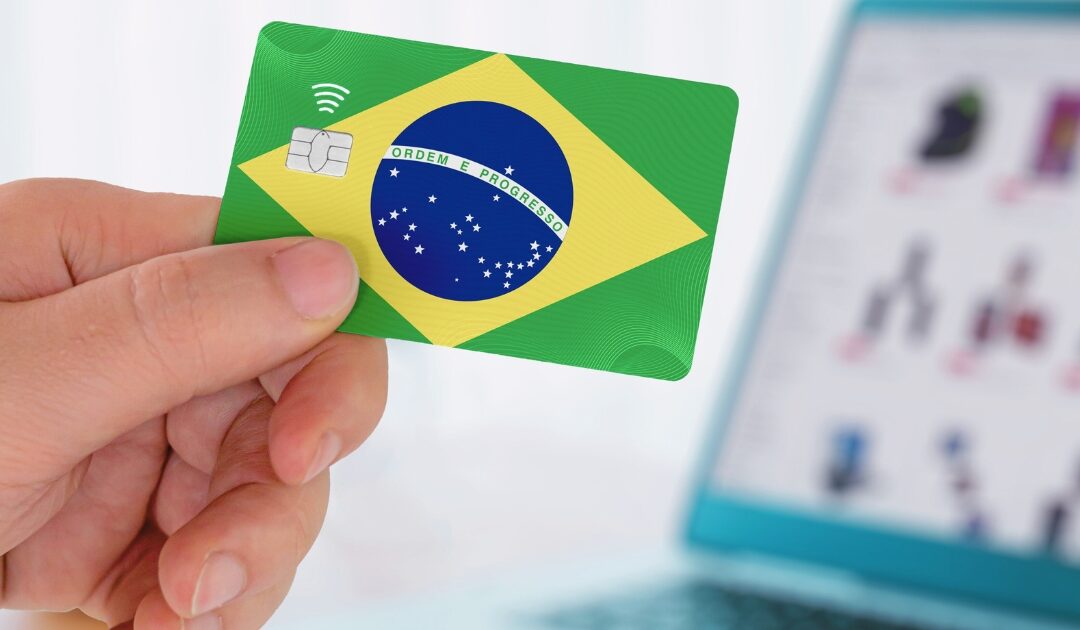Top 10 Things to Know About Shipping Cosmetics to China
For brands looking to ship cosmetics to China, understanding the specifications and best practices is a great first step. At Passport, we know that international shipping can come with a whole host of requirements and regulations, but we’re here to help make that process less complicated.
If you’re looking for insight on how to ship cosmetics to China, here’s our list of the top 10 things you should know:
- Cosmetics are defined as common chemicals which can be spread on the outer surface of the human body (e.g. skin, hairs, nails. lips etc) for the purpose of cleaning, deodorizing, providing skin care, beauty and makeup, by way of smearing, spraying or other similar means
- Cosmetics are regulated by the China National Medical Products Administration (Formerly known as the China Food & Drug Administration, CFDA)
- Cosmetics are divided into two classes: ordinary cosmetics and special use cosmetics
- Ordinary cosmetics (hair care, nail care, skin care, perfumes and make-up) do not require an import license
- Special use cosmetics (hair growth, hair dye, hair perm, hair removal, deodorants, sun block) require a hygiene license and potentially other import licenses
- Brands can check whether ingredients are prohibited or restricted through the Chinese Cosmetic Ingredient Regulatory Database
- There are currently 1,284 prohibited and 47 restricted cosmetic ingredients listed
- If ingredients are not listed on the Inventory of Existing Ingredients, they would be required to register as a new cosmetic ingredient
- For low-value online purchases for personal use, there are no special restrictions so long as the value does not exceed the CAT B value limit
- CAT B value limits for personal effects, gifts, online purchases or a single item
- Value is less than 1,000CNY (~$156USD)
- Value can be above 1,000CNY for a single item personal shipment, though customs has the right to disallow
- China has a reduced tariff rate on most cosmetics:
- 33042000: Eye cosmetics, 5%
- 33030000: Perfumes, 5%
- 33049100: Powders, 5%
- 33043000: Manicure and pedicure preparations, 5%
- 33051000: Shampoos, 2%
- 33053000: Hair sprays, 5%
- 33053000: Hair waxes and gels, 5%
- 33072000: Deodorants and antiperspirants, 5%
- 33041000: Lip preparations, 5%
- 33049900: Other beauty products or cosmetics and skin care products, 2%
What Are the Next Steps for a Companies That Want To Ship Cosmetics To China?
Even with all those regulations, definitions, and rules laid out, we know it can be overwhelming to sort through the myriad of regulations by yourself. Enter in: Passport. Contact our team to set up an exploratory call so we can understand your international expansion goals and recommend a go-to-market approach.Our trusted advisors can help you seamlessly enter the Chinese cosmetic market — let’s get started!




